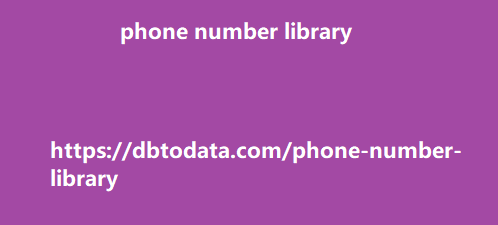For Google, content is king and I believe it will always be king. But writing content for the sake of ranking for a target keyword is meaningless anymore. content that is actually relevant to users. This gives meaning and purpose to creating content because many are tired of hearing the generic advice to create “high-quality” content all the time. So what is search intent and what type of content should you produce? It is quite a simple concept to understand but can be difficult to execute. Search intent is the reason behind a user’s search. A better way of explaining it is with a question: “what does the user expect to see when they search this keyword”.
Search intent also has 4 types:
informational, transactional, commercial, and navigational. The question now is how do you know what is the right intent of a specific keyword. Well, ask Google. Search for the keyword you are targeting and check what Google is rewarding. The next step is to produce a better article than what your competitors have. Going into 2021, search intent should be the focal point of any content strategy. Gone are the days where articles that only have keyword density in mind dominate the search results. Users should always benefit from content that they get from Google and so we SEOs should always keep in mind what’s good for users.
Video Content video results for how to bake
a pie Last October 2020, Google launched a video on its official YouTube channel highlighting the improvements that they made in search throughout the year. One of the highlights is how Google is now able to automatically tag and identify key moments on videos using AI without creators having to manually tag them. This helps users save time when searching. When they click on a video from the search results, instead of having to scroll through the whole video, Google automatically directs them to what they are looking for. According to Google, this will affect 10% of the search results by the end of 2020 and we can expect that they will continue to work on this in the coming year.
You can upload videos on your website and
other platforms but YouTube is still the way to go if you want to utilize video content in the search results. According to a study, 83% of videos in the search results are from YouTube. It is not surprising considering YouTube is owned by Google. Still, video content on YouTube is not yet explored by many digital marketers and it should be something that you should look into in 2021. It is clear that searchers prefer visual results more and more and with Google’s AI making it more convenient for them, traffic from video results is becoming more valuable and a better way of engaging with your target audience.
BERT Affects all Searches When Google
introduced the Bidirectional Encoder azerbaijan phone number library Representations from Transformers, better known as BERT, back in 2019, SEOs were quick to try and find out how to optimize for it despite BERT only affecting 10% of search results that time. I also published an article regarding how BERT affects SEO and I highly suggest that you check that out as well. In 2020, Google announced that BERT now affects 100% of English search results. However, take note that BERT is not a ranking factor or algorithm. BERT is a technique used by Google to better understand what a user is searching for in a specific query. Experts and Google say that there is nothing really to optimize for because it does not affect how Google index and rank pages.
But one thing to take note of is that BERT
can be related to search intent. Since Google is able to understand user queries better, that means content that best answers the user’s query will be rewarded more. My advice, do not overthink how BERT will affect your website because it won’t. Instead, focus on creating content that has the right search intent with BERT in mind. Game Changer: Passage Indexing Passage Indexing was also one of the biggest announcements by Google in their Search on 2020 video that took the attention of the SEO industry. Basically, Google is now able to index passages/snippets of an article in the search results if it is related to a user’s query despite not being the main topic of the article.
Specific searches or passages screenshot This
is another innovation by Google using its greenletter: a ball that tells the future advanced AI. Many were confused on how it will affect Google’s crawling and indexing but Google made it clear that they will still index the whole page it’s just that their AI is now able to focus on different parts of the content, not just the main subject. This is big news because it means there are more opportunities to rank for when writing an article, especially long-form content. I mentioned in the article summarizing Google’s Search in 2020 that optimizing for passage indexing is similar to how you would optimize for Featured Snippets. The idea is to properly segment your content to make it easier for Google to understand and index.
Although passage indexing will only affect about
7% of search results by next year, I predict bw Lists that it will be big in the years to come. Subtopics Google is looking to further diversify search results for broad terms using their advanced AI to understand subtopics. It was also announced in the Search in 2020 YouTube video and was briefly explained. When a user searches for a broad term for example “computer”, Google is now able to understand relevant subtopics related to computers such as gaming computers, office computers, computer peripherals, etc. then serve it to the user. This gives more importance read the guide we published for the Topic Cluster Model to help plan your content strategy for next year.


